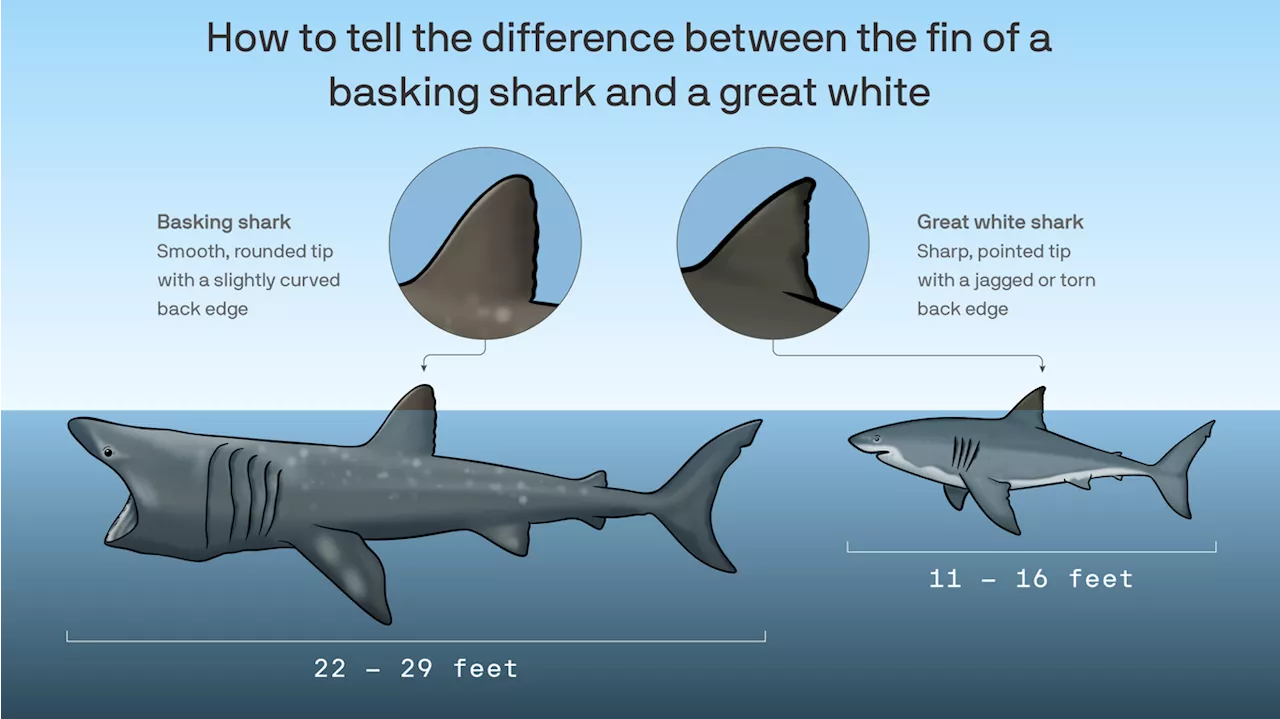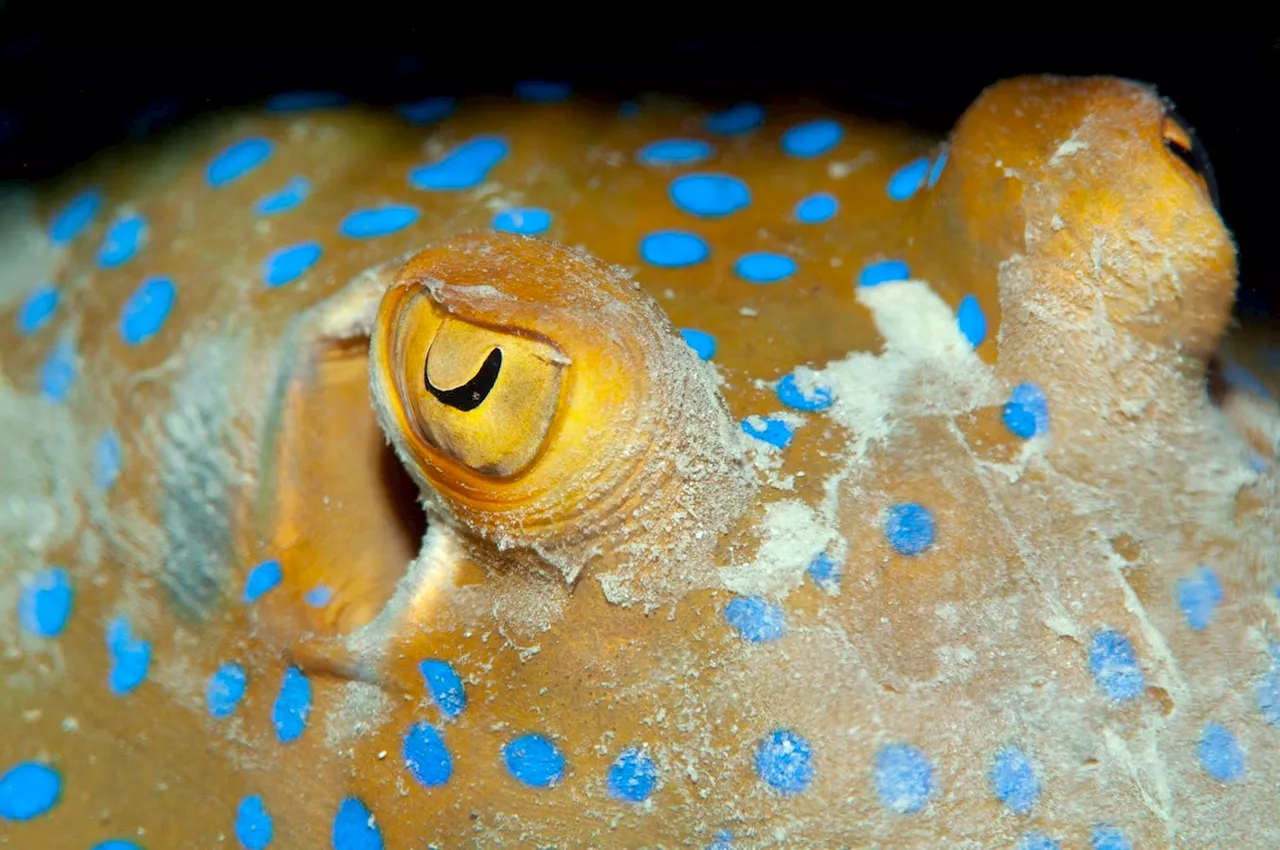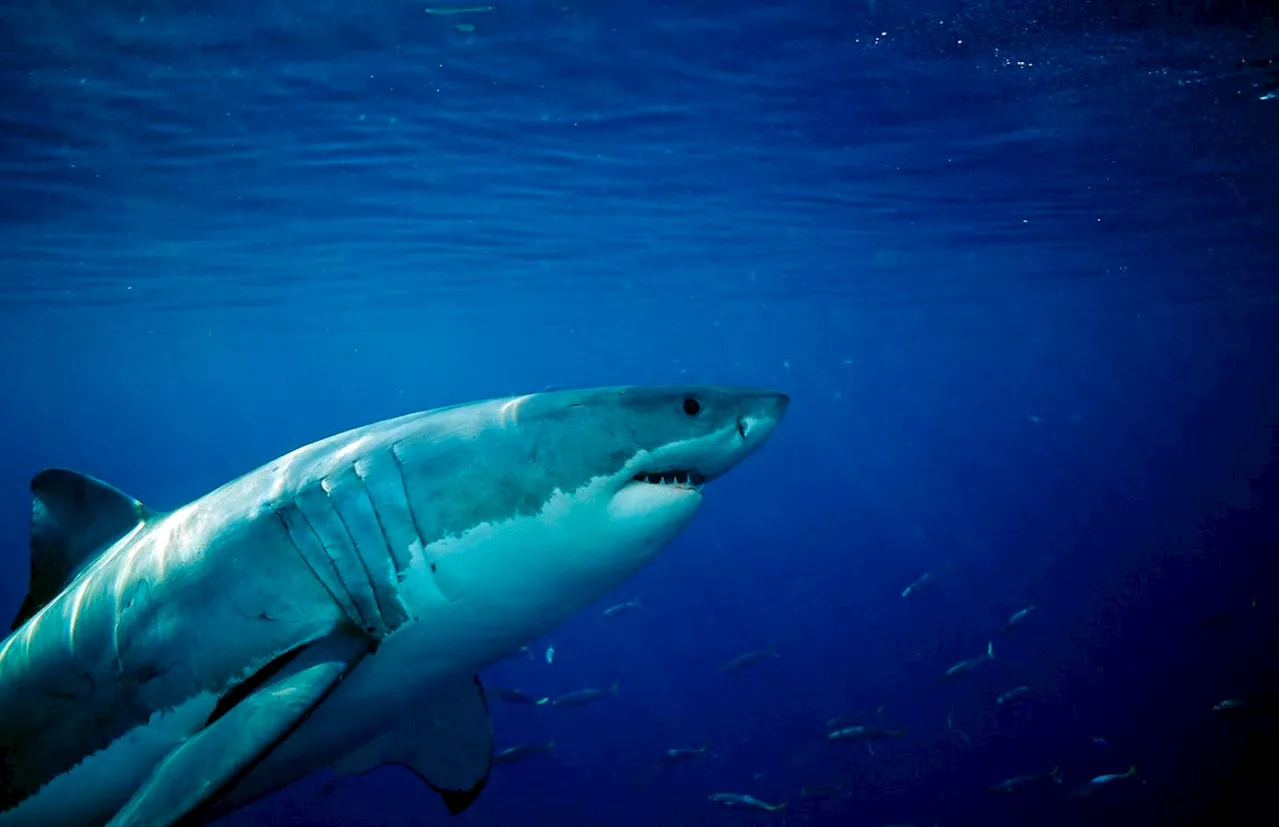Known as the 'Mother of Sharks,' I'm a Latina marine biologist who has a lot of labels: science communicator, conservationist, author, educator, podcaster, television presenter. You might have seen me on Discovery Channel's Shark Week, National Geographic, BBC Wildlife, heard my TEDx talk or read my Scholastic books.
Animal movement are anything but random; they’re governed by a myriad of factors, both internal and external. But understanding the movements of animals in their natural habitats is akin to deciphering a complex puzzle. One whose pieces are missing or somewhere in the box and the instructions are in a foreign language that Google Translate doesn’t have on their list.
How do monarch butterflies navigate thousands of miles during migration, returning to the same overwintering sites each year? How do salmon find their way back to the exact stream where they were born after years of oceanic travel, often spanning thousands of miles?We do know that predator movements are influenced by a myriad of factors, including energy requirements, reproductive status, environmental conditions, prey availability, competition, and predation risk.
The sharks showcased distinct movement signatures, shaped predominantly by their location and demographic attributes. Juvenile sharks at Aptos charted erratic trajectories, while their counterparts at Año Nuevo and the Farallon Islands opted for deeper dives and more purposeful paths. Nighttime movements differed significantly from daytime activities, with sharks displaying lower activity levels and straighter swimming trajectories during the night.
Understanding the nuances of predator movements holds profound implications for conservation and management efforts. Says Jewell, “The results are important because they suggest the same shark will likely behave differently from one area to the next.” By unraveling the factors driving movement patterns, researchers can better predict and mitigate human-wildlife conflicts, preserve critical habitats, and inform the design of marine protected areas.
Shark Sharks California Ocean Wildlife Nature
United States Latest News, United States Headlines
Similar News:You can also read news stories similar to this one that we have collected from other news sources.
 Identi-fin-cation: basking shark or great white?Basking sharks are often mistaken for great white sharks
Identi-fin-cation: basking shark or great white?Basking sharks are often mistaken for great white sharks
Read more »
 Unraveling COVID-19 Brain Fog: New Study Pinpoints Immune CulpritScience, Space and Technology News 2024
Unraveling COVID-19 Brain Fog: New Study Pinpoints Immune CulpritScience, Space and Technology News 2024
Read more »
 Unraveling Nature’s Electric BluesKnown as the 'Mother of Sharks,' I'm a Latina marine biologist who has a lot of labels: science communicator, conservationist, author, educator, podcaster, television presenter. You might have seen me on Discovery Channel's Shark Week, National Geographic, BBC Wildlife, heard my TEDx talk or read my Scholastic books.
Unraveling Nature’s Electric BluesKnown as the 'Mother of Sharks,' I'm a Latina marine biologist who has a lot of labels: science communicator, conservationist, author, educator, podcaster, television presenter. You might have seen me on Discovery Channel's Shark Week, National Geographic, BBC Wildlife, heard my TEDx talk or read my Scholastic books.
Read more »
 Milestone Achieved in Unraveling the Universe’s Fundamental Forces at the Large Hadron ColliderScience, Space and Technology News 2024
Milestone Achieved in Unraveling the Universe’s Fundamental Forces at the Large Hadron ColliderScience, Space and Technology News 2024
Read more »
 Ripe for discovery: Unraveling the genetic switches of pear maturationFruit ripening involves complex metabolic changes that affect sensory traits like color, flavor, and texture, making fruits more appealing for consumption. These changes are particularly pronounced in climacteric fruits, which experience a surge in ethylene production.
Ripe for discovery: Unraveling the genetic switches of pear maturationFruit ripening involves complex metabolic changes that affect sensory traits like color, flavor, and texture, making fruits more appealing for consumption. These changes are particularly pronounced in climacteric fruits, which experience a surge in ethylene production.
Read more »
 Unraveling the origin and global spread of the potato blight pathogenA new study challenges the common theory that the devastating potato blight pathogen Phytophthora infestans originated in Mexico. Researchers meticulously reconstructed its global migration history and found it likely originated in the South American Andes before spreading globally.
Unraveling the origin and global spread of the potato blight pathogenA new study challenges the common theory that the devastating potato blight pathogen Phytophthora infestans originated in Mexico. Researchers meticulously reconstructed its global migration history and found it likely originated in the South American Andes before spreading globally.
Read more »
